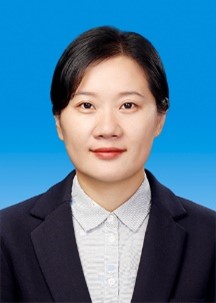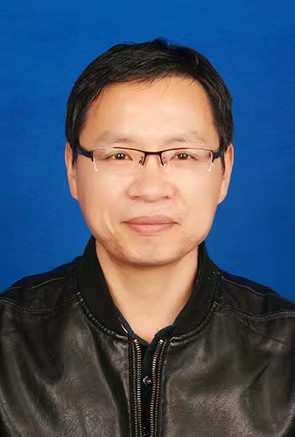Special Session 4
Stability Analysis and Control of Modern Power Systems With Rich Renewable Energy Generation
With ever-increasing integration of intermittent renewable energy generation and power electronics devices, power system dynamics and stability are exhibiting some new characteristics. The operation and control theory and methods are facing profound changes. Then, how to ensure secure power supply in modern power systems is an important problem to be solved. On one hand, the lack of sufficient power regulation capability under different time scales could significantly weaken frequency and voltage support as well as control capabilities, and hence greatly increase the risk of cascaded failures. New stable forms such as broadband oscillation demand systematic and in-depth research. On the other hand, the power balance capability is decreasing and the analysis method needs to be updated. The fundamental theory and method of power system dynamic and stability analysis need to be examined and significantly innovated. Given this background, this special session will focus on stability analysis and control of modern power systems with a high penetration level of intermittent renewable energy generation. Suggested topics include, but are not limited to:1. Stability theory of modern power systems;
2. Modeling and simulation of modern power systems;
3. Coordinated control in modern power systems;
4. Security and stability analysis of modern power systems;
5. Security and stability control/enhancement of modern power systems.
Chairs:

Prof. Ping He, Zhengzhou University of Light Industry, China
Ping He is a professor and doctoral supervisor at the School of Electrical and Information Engineering, Zhengzhou University of Light Industry, Zhengzhou, China. She serves as a doctoral supervisor at Oakland University in the United States. As a leader in academic technology appointed by the Department of Education of Henan Provincial Government and a key young teacher in colleges and universities in Henan Province, her research areas mainly focus on the stability analysis and control of power systems, as well as the integration of new energy source generation. As the principal investigator, she has already completed a number of research projects, including grants from National Natural Science Foundation of China, Science and Technology Key Projects of Henan Province, and Young Key Teacher Projects of Henan Province. As the project leader and main contributor, she has won two second prizes and one third prize of scientific and technological progress in Henan Province. She has published more than 70 academic papers, with over 50 indexed by SCI/EI.

Prof. Tong Wang, North China Electric Power University, China
Tong Wang, Electrical and Electronic Engineering Department, North China Electric Power University, Professor, Doctoral Supervisor, Deputy Director of the Institute of Power System Protection and Control, and Researcher of the State Key Laboratory of Renewable Energy Power Systems. Her research field focuses on the control and protection of power systems. She hosted two fundings of the National Natural Science Foundation of China. As main researcher, she participated one integration project of the National Natural Science Foundation of China and key projects, and the National Key R&D Program Projects. She is a member of the Power System Automation Committee of the Chinese Society of Electrical Engineering. She won the first prize of Hebei Provincial Technological Invention Award and second prize of Science and Technology Progress Award of China Electrotechnical Society, and won the Youth Science and Technology Award of China Electrotechnical Society.

Assoc. Prof. Congshan Li, Zhengzhou University of Light Industry, China
Congshan Li is an Associate Professor with the School of Electrical and Information Engineering, Zhengzhou University of Light Industry, Zhengzhou, China. He received the M.S. and Ph.D. degrees in the College of Electrical Engineering and Information from Sichuan University, Chengdu, China, in June 2011 and December 2014, respectively. He has authored or co-authored about 40 journal papers, and 10 issued patents. He is a key young teacher in colleges and universities in Henan Province, a scientific and technological expert in Zhengzhou City, and a young talent in electric power science in Henan Province. His research interests focus on the stability analysis and control of power systems, high-voltage direct current (HVDC) transmission, and other related fields. As the principal investigator, he has completed several scientific research projects, including a grant from National Natural Science Foundation of China projects, science and technology key projects of Henan Province, and key projects of colleges and universities in Henan Province. He has received the second prize of scientific and technological progress in Henan Province.
